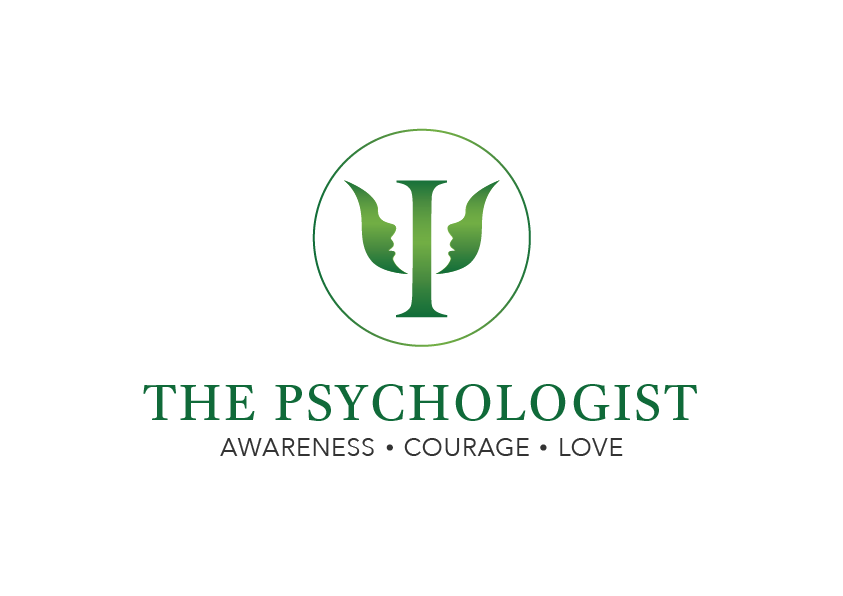Understanding Anxiety: A Growing Concern in Singapore and Around the World
Anxiety is one of the most common mental health challenges globally, affecting an estimated 301 million peopleworldwide, about 4% of the global population. In Singapore, it is no less significant. Generalised Anxiety Disorder (GAD), in particular, is among the most frequently reported mental health issues, often carrying the highest burden on quality of life compared to other mental conditions.
Despite its prevalence, many individuals remain unfamiliar with what anxiety truly is. It is more than just “feeling stressed” or “nervous.” Anxiety disorders involve persistent and excessive worry that interferes with daily functioning. These worries often span across work, health, finances, relationships, or future uncertainties, whether or not a real threat exists.
Signs and Symptoms: Recognising the Unseen
Anxiety can affect both the mind and body. Emotional and cognitive symptoms include:
Constant worry or fear
Restlessness
Difficulty concentrating
Irritability
Physically, it may show up as:
Fatigue
Sleep disturbances
Muscle tension
Heart palpitations or dizziness
For youths, anxiety can affect school performance, friendships, and self-esteem. Among working adults, it may result in burnout, absenteeism, or impaired decision-making. Left unaddressed, chronic anxiety can even lead to complications like cardiovascular issues or worsen other health conditions.
Singapore’s Growing Awareness—and the Need for Courage
In Singapore, awareness of mental health issues, including anxiety, is growing, supported by national initiatives like the National Mental Health and Well-being Strategy 2023. Resources such as HealthHub, Mindline.sg, and the National Care Hotline have become more accessible. At the same time, the stigma surrounding anxiety and mental illness still deters many from seeking help early.
At The Psychologist, we believe that awareness is the first step toward healing. Yet awareness must be paired with courage, the courage to recognise one’s struggles, and to reach out for support without shame.
Treatment: A Path Toward Relief and Recovery
The good news is that anxiety is treatable. Evidence-based approaches such as Cognitive Behavioural Therapy (CBT), lifestyle modifications (e.g., regular exercise, reduced caffeine, mindfulness), and where needed, medications like SSRIs or SNRIs, have shown strong effectiveness.
Treatment should be matched to the severity of symptoms:
Mild anxiety: May benefit from lifestyle changes, self-help strategies, or CBT
Moderate to severe anxiety: Often managed with a combination of psychotherapy and medication
Persistent cases: Require a collaborative care approach between general practitioners, psychologists, and psychiatrists
Importantly, support systems, such as family, friends, and community networks, play a crucial role in recovery. At our clinic, we approach care not just with expertise, but with love, a compassionate presence that honours each person’s unique journey toward well-being.
A Culture of Support
Anxiety does not discriminate. It affects students, working adults, caregivers, and the elderly alike. In a fast-paced, performance-driven society like Singapore’s, the mental load can be immense. But you are not alone.
If you or someone you care about is struggling with persistent worry or stress, take the next step, not in fear, but in awareness, courage, and love. Recovery is possible, and help is within reach.
Start your journey toward mental wellness today. Connect with a trusted psychologist on our contact page below.
